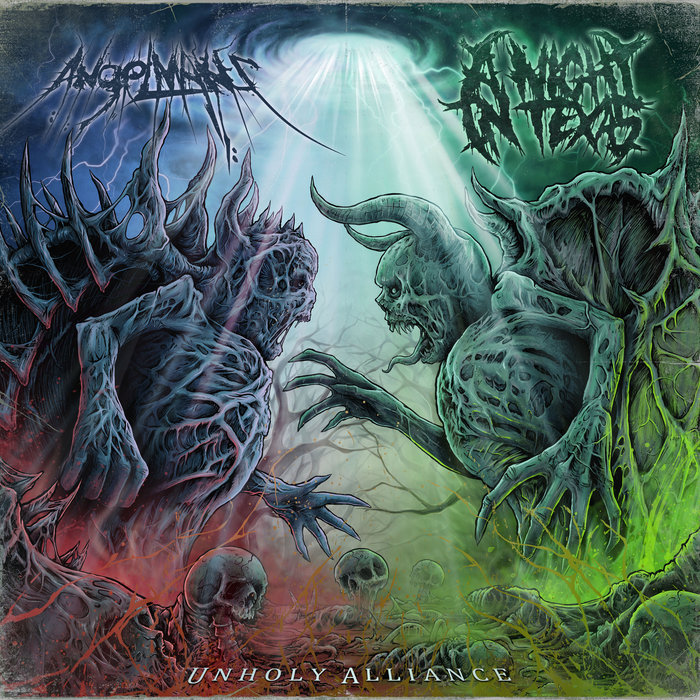
209 (XIV) "Resolution on Decolonization and Apartheid". 1, Formation of a popular opinion (1950-1970) (PDF). Sweden and national liberation in Southern Africa. Sibanda, The Zimbabwe African People's Union, 1961–87, p.128 : CS1 maint: bot: original URL status unknown ( link) Archived from the original on 1 December 2008.

Intelligence Memorandum, Washington, January 29, 1969". The Office of Electronic Information, Bureau of Public Affairs. New York: Harcourt, Brace and Company, 1957. Unholy Alliance: Russian-German Relations from the Treaty of Brest-Litovsk to the Treaty of Berlin. Indianapolis: Indiana University Press, 1989. Roberts, The Unholy Alliance: Stalin's Pact with Hitler. ^ "CATHOLIC ENCYCLOPEDIA: Holy Alliance".^ William Giles Dix, The Unholy Alliance: An American View of the War in the East, New York: Charles B.United Nations General Assembly Resolution 3379.In its resolution 3151 G (XXVIII) of 14 December 1973, the UN General Assembly condemned what it termed an unholy alliance between South African apartheid and Zionism.


For example, during the Council of Ministers of the Organization of African Unity, meeting in its Fourteenth Ordinary Session in Addis Ababa, Ethiopia, from 27 February to 6 March 1970, stated they were "Deeply concerned at the strengthening of the unholy alliance among the racist regimes of Pretoria, Salisbury, Lisbon and their collaboration with other imperialist powers". The term came to be used by African nationalists to describe the predominantly-white governments of Southern Africa from 1961 to 1980: South Africa, Rhodesia, and the Portuguese Empire. The term was also used by the short-lived Biafra to refer to Nigeria's allies: the United Kingdom and the Soviet Union. In the context of World War II, the term has been used for the Molotov–Ribbentrop Pact between Nazi Germany and the Soviet Union, which partitioned Poland. In 1912, the American politician Theodore Roosevelt campaigned against the "invisible government", "the unholy alliance between corrupt business and corrupt politics". It was an ironic reference to the original Holy Alliance created after the Napoleonic War in 1815 by Tsar Alexander I of Russia. In 1855, the term "Unholy Alliance" was used for Western European alliances with the Ottoman Empire against the interests of Russia, Greece, and most of the Balkans.


 0 kommentar(er)
0 kommentar(er)
